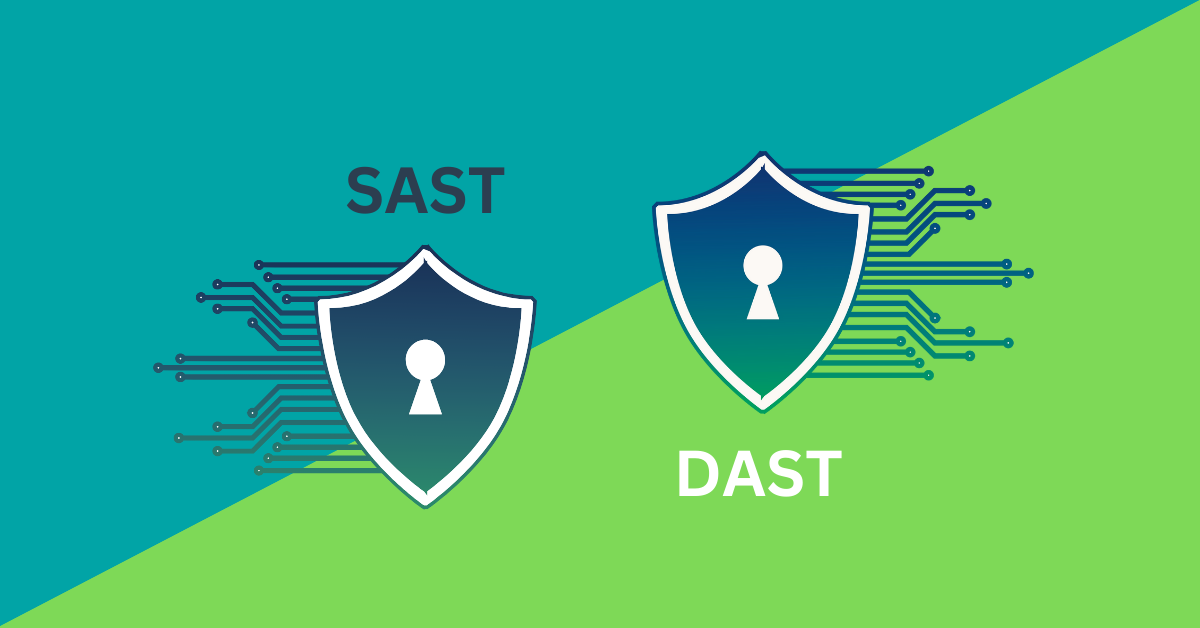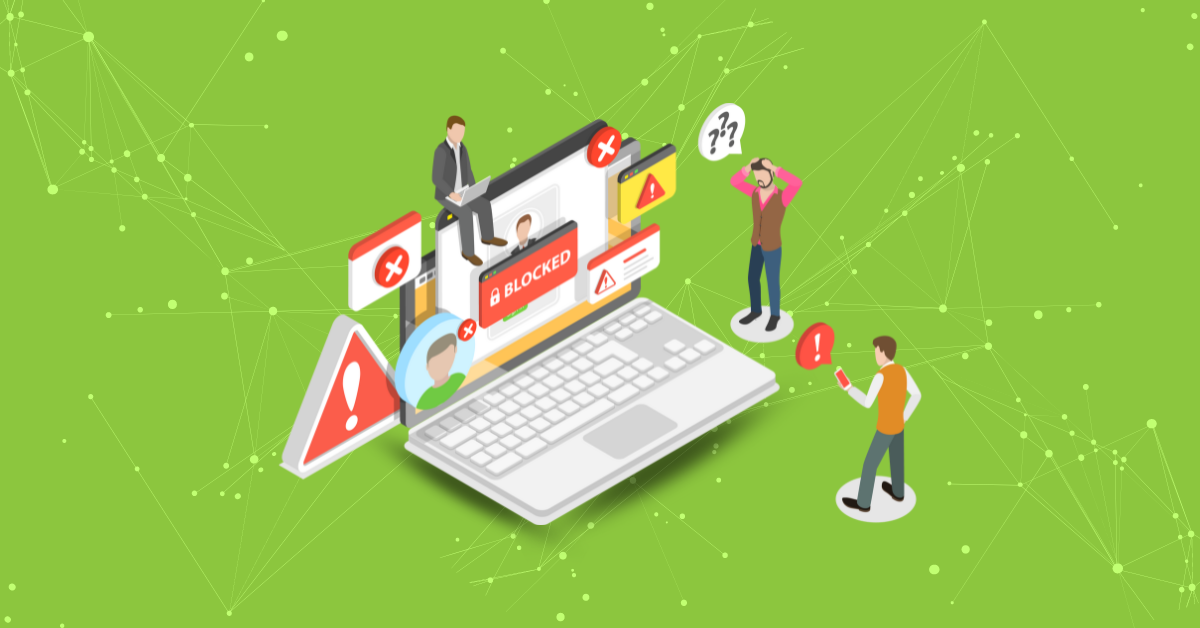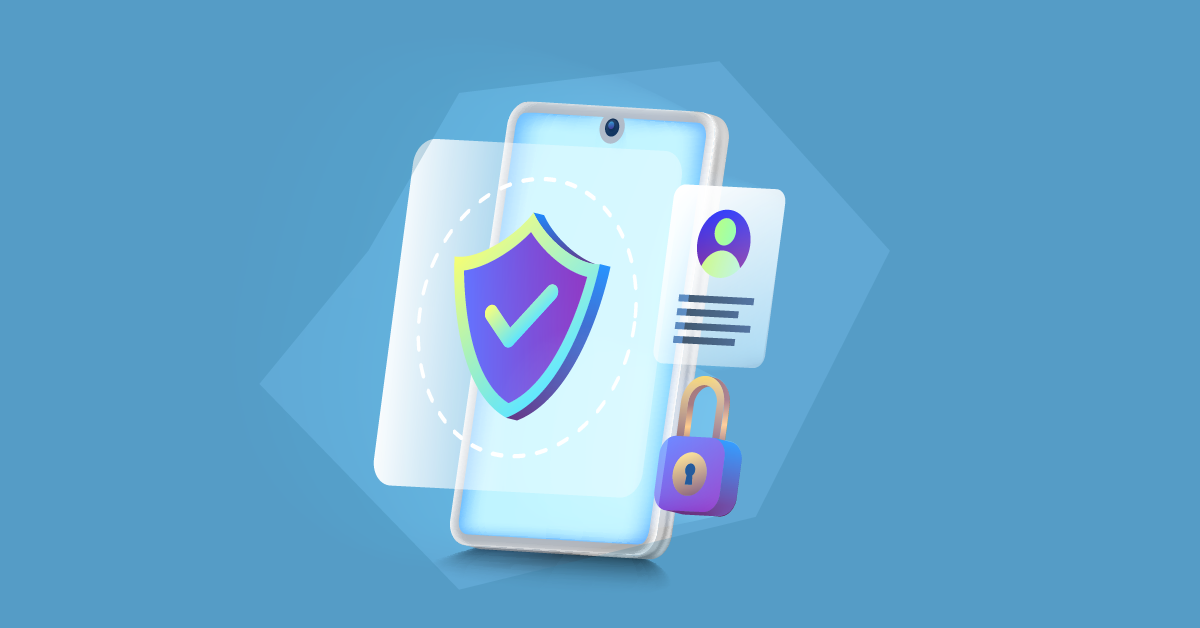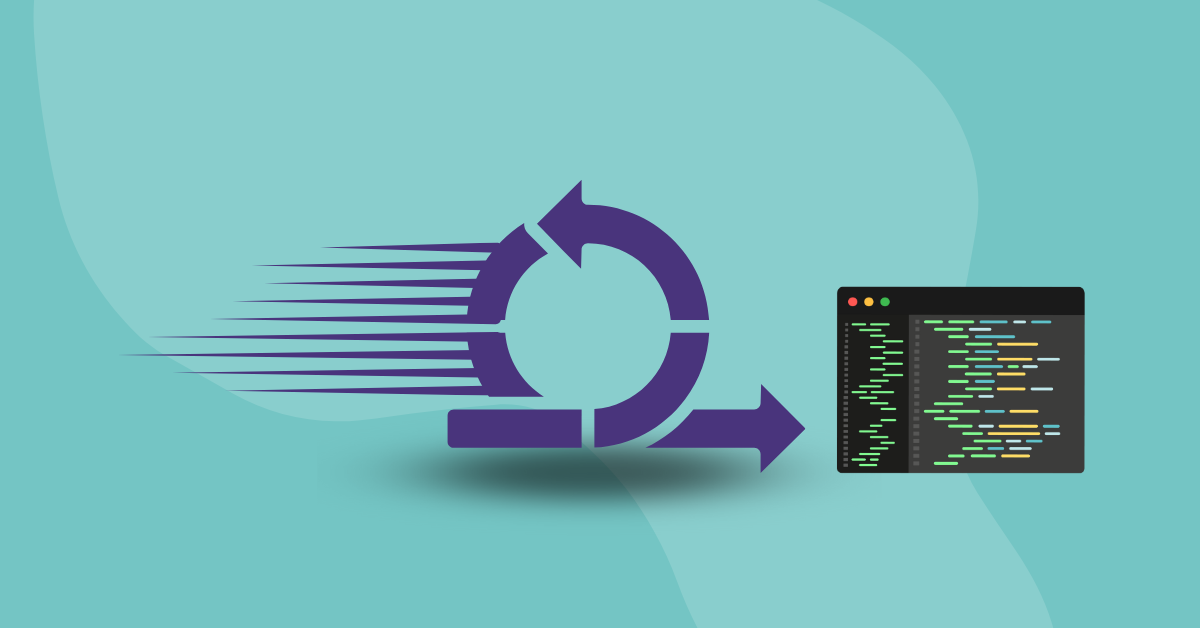

Data breaches are not only a massive headache for companies to deal with — they can also cause severe legal and financial implications.
Software developers and companies have become more wary of data breaches in recent years. Although cybersecurity awareness and capabilities are improving, the sophistication and negative impact of cyberattacks have also skyrocketed. According to a 2023 IBM report, the global average cost of a data breach in 2023 was $4.45 million — a 15% increase over the past three years.
Data breaches happen when unauthorized individuals gain access to confidential information. The impact of a data breach increases when cybersecurity teams fail to identify and mitigate data breaches on time. Such breaches can have far-reaching consequences, such as identity fraud, spamming, extortion, data loss, fines, reputation loss, and lawsuits.
Read on to learn how cybersecurity and code quality tools can strengthen your code, how to mitigate cybersecurity risks in your code, and how Kiuwan ensures adherence to relevant regulations and policies.
Coders who lack expertise, resources, and time may produce poor-quality code with functionality, readability, performance, maintainability, and security issues. If left unfixed, such code can cause software delivery issues and bring development to a halt. This can lead to increased time-to-market, poor reviews, and higher project costs.
That’s where Kiuwan’s Code Analysis (QA) & Governance tool comes in. Designed for IT teams and Quality Assurance (QA) and security engineers, Kiuwan QA & Governance strengthens code quality by allowing teams to group the results of source code analysis into four portfolios:
Teams can also use Kiuwan’s Code Analysis (QA) & Governance to:
In light of the alarming uptick in cybersecurity incidents, many software developers and developer team managers have increased their cybersecurity investments. IBM’s 2023 report reveals that 51% of organizations plan to boost security investments in employee training, incident response (IR) planning and testing, and threat detection due to experienced breaches.
Developers and organizations can minimize the risk of cyberattacks with Kiuwan’s Static Application Security Testing (SAST) and Software Composition Analysis (SCA) security tools.
Kiuwan’s SAST tests software by identifying cybersecurity flaws in the source code without running the program. This method reveals vulnerabilities, such as SQL injections, before the Quality Assurance (QA) phase. Identifying these vulnerabilities empowers developer teams to move QA to an earlier part of the SDLC and reduce the attack surface to prevent an expensive data breach. This process is called “shifting left.”
Kiuwan’s SAST provides a wide range of benefits, including:
Open-source code often contains vulnerabilities that can lead to data loss, theft, and other problems. For example, Heartbleed was a vulnerability in the OpenSSL cryptographic library that allowed a threat actor to read private information from servers and clients running vulnerable software versions.
Kiuwan’s SCA detects open-source components in your codebase so programmers and companies can run a vulnerability assessment, ensure code quality, and manage license compliance. Features include:
Failing to meet cybersecurity industry standards such as OWASP, Health Insurance Portability and Accountability Act (HIPAA), and CWE may lead to potential data leaks, ransoms, data loss, and reputational loss. However, it can also lead to costly fines and lawsuits.
For instance, a security gap causing a data leak of customers’ private HIPAA-protected health information could result in penalties ranging from $100 to $50,000 per individual violation. The exact amount depends on whether the neglect is willful and whether the company corrects the security gap within the required timeframe.
Using Kiuwan’s tools is one of the quickest and most reliable ways to ensure compliance assurance for software regulations. Both Kiuwan’s SAST and SCA tools comply with the most important security standards in software development, including:
As cyberattacks become more frequent, developers and companies have become more hypervigilant about security issues.
If you are looking for a powerful tool suite to strengthen your security posture, consider implementing Kiuwan’s tools. Code Analysis (QA) & Governance can improve your code quality. SAST and SCA can prevent and mitigate cybersecurity risks while ensuring compliance with relevant software and industry regulations such as HIPAA and NIST.Interested in learning more about how Kiuwan can help? Get a free 14-day trial of Kiuwan’s tools today. Each trial supports over 30 programming languages, scans code for vulnerabilities from day one, fully complies with and meets security standards, and integrates easily with your continuous integration (CI) and continuous deployment (CD) pipeline and DevOps environment.


